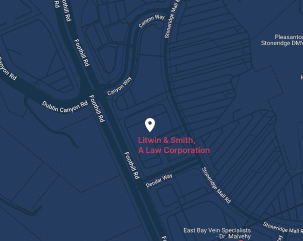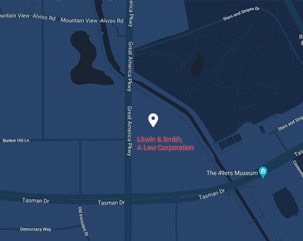Congress created the EB5 visa program in 1990 as a tool to encourage foreign investments while giving immigrant investors the ability to attain lawful permanent residency and boosting the U.S. economy. However, critics say the program’s backlog discourages foreign investment.
While the program’s aim to spur economic activity remains, the backlog – caused by increasing petition processing periods and the lack of a sufficient number of available visas each year – has discouraged potential investors from participating.
The backlog affects Asian investors the most
The EB5 backlog creates the most difficulties for investors from China, India and Vietnam facing “retrogression” – meaning visa applicants from those nations sometimes wait up to 16 years to receive a permanent green card.
Some experts warn the problem will get worse, predicting retrogression is likely to affect investors from South Korea, Taiwan and Brazil. The former director of the U.S. Citizenship and Immigration Services (USCIS) says it’s in America’s best interest to resolve this, as EB5 is directly linked to job creation in the U.S.
Legislative proposals fall flat
While some legislators have taken notice and proposed solutions to reduce the backlog, none has met with approval from industry participants. Some companies believe action is necessary to ensure the EB5 program’s long-term viability.
One solution calls to implement what many believe was Congress’ original intent to admit 10,000 investor families each year instead of 10,000 individuals – meaning granting visas to the investors plus all their family members who are listed on the 10,000 I526 petitions each year.
Untapped visas could also provide relief
Since 2014, all available EB5 visas have been granted. However, before that, many went unused, and some believe awarding those as well as “borrowing” from other categories, such as underutilized employment-based visas or lottery-based diversity visas, could drastically reduce the EB5 traffic jam.
While even proponents of the system aren’t certain about how to fix the problem, both political and industry advocates say the EB5 program is beneficial to the nation’s economy and that some form of legislative solution must be implemented.

